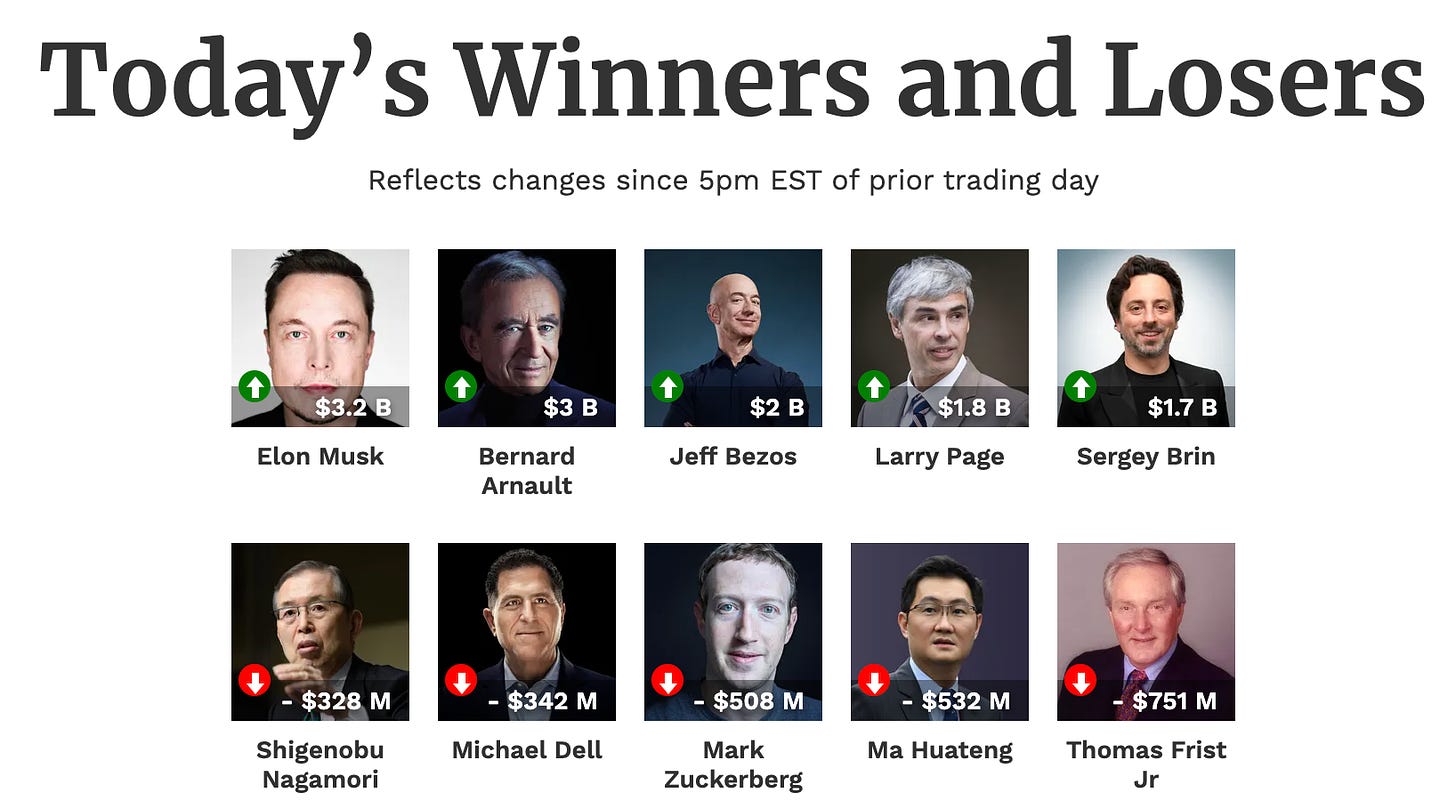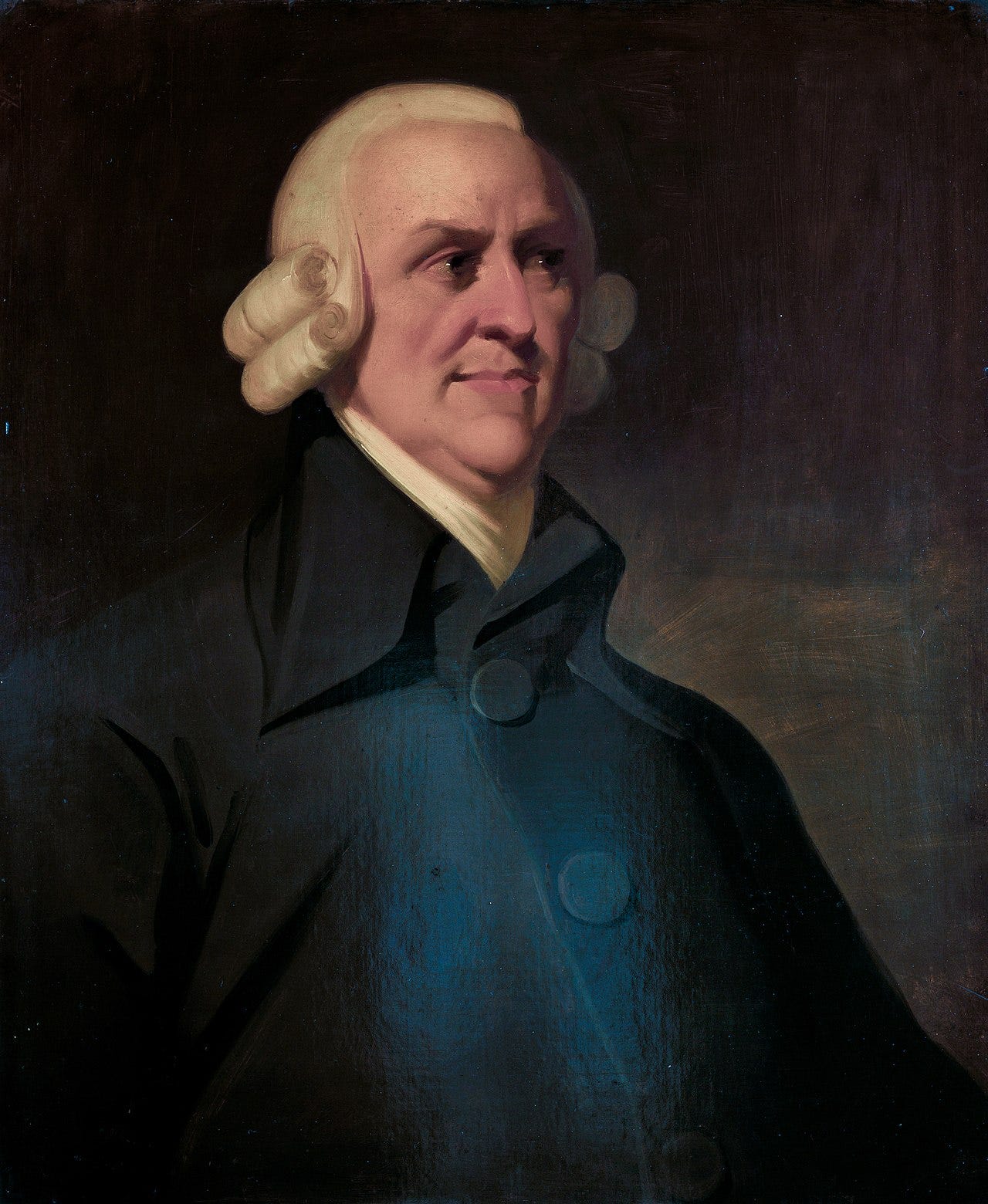The Reading Lesson by Henriette Brown
theorize less, interface with reality more
This essay was originally published by Shahid Nowshad on his Substack.
This is largely a reframing of some ideas I first encountered from the inimitable Nassim Nicholas Taleb, particularly via his book Skin In The Game.
What is the best measurement of how smart you are? I think it should be how well you operate in the real world – but many other things often play a part that measurement that shouldn’t. The strength and quality of your worldview is fundamentally determined by how well it applies to reality.
Avoid naive intellectualism
The world of ideas is an intoxicating one. There is a deep joy inherent in thinking about things in terms of concepts and abstractions and theories and mental models and frameworks. People often think in metaphors whether they realize it or not, and building up a larger metaphorical vocabulary brings us many benefits.
But at the end of the day, how well-dressed and well-tossed a word salad is often doesn’t correlate to how well it works! Taleb warns us about the Intellectual Yet Idiot, the type of person who has built up a fancy, complex model of the world in their head without any calibration with reality:
The most dangerous way to lose time is not to spend it having fun, but to spend it doing fake work. When you spend time having fun, you know you’re being self-indulgent…
But the same alarms don’t go off on the days when I get nothing done, because I’m doing stuff that seems, superficially, like real work. Dealing with email, for example. You do it sitting at a desk. It’s not fun. So it must be work.
With time, as with money, avoiding pleasure is no longer enough to protect you…But the world has gotten more complicated: the most dangerous traps now are new behaviors that bypass our alarms about self-indulgence by mimicking more virtuous types.— Paul Graham, How To Lose Time And Money
The perils of utopianism
The IYI is at their most dangerous when they try to force their ungrounded world-model onto the people around them, often justified by lofty, virtuous intentions.
IYIs fail to distinguish between the letter and the spirit of things… They can thus cause monstrous iatrogenics without even feeling a shade of a guilt, because they are convinced that they mean well and that they can be thus justified to ignore the deep effect on reality.
— Nassim Nicholas Taleb, The Intellectual Yet Idiot
In the same vein, Adam Smith warns us about “the man of system”:
The man of system… seems to imagine that he can arrange the different members of a great society with as much ease as the hand arranges the different pieces upon a chess–board. He does not consider that the pieces upon the chess–board have no other principle of motion besides that which the hand impresses upon them; but that, in the great chess–board of human society, every single piece has a principle of motion of its own, altogether different from that which the legislature might chuse to impress upon it.
— Adam Smith, The Theory Of Moral Sentiments
Human nature is vast, complex, and varied. A society is better off when it is allowed to behave in an organic and emergent way – not when an attempt to exert top-down control is made on it. It is impossible to capture the full spectrum of human behavior in a central place, and often the loss of information proves fatal.
Something being well-intended doesn’t make it right!
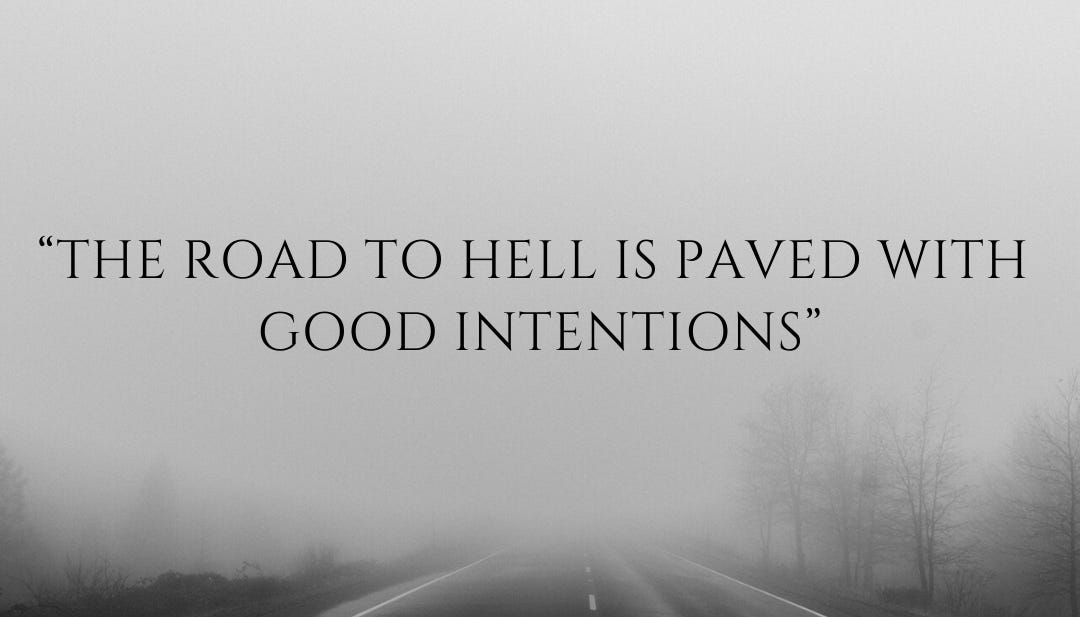
What was perhaps the biggest experiment of utopianism in recent times has been a failure.
Measure action, not theory
Somebody once asked me, “How important is it for you to believe what is true?” And a past me would have answered, “Very!” I was raised religious, and questions of Truth, God, and morals have been on my mind from a young age.
But I realized that I was often falling into a failure mode of thinking for thinking’s sake, without actually changing the way I live in a meaningful way. And I daresay it’s a failure mode that other bookish, academically-inclined people fall into too. Philosophy should ultimately be about actually living the good life, not just coming up with the most coherent theory about how to do so. Intellectual masturbation is not a virtue.
(Relatedly, if someone leads a miserable life, perhaps you shouldn’t take their ideas too seriously!)
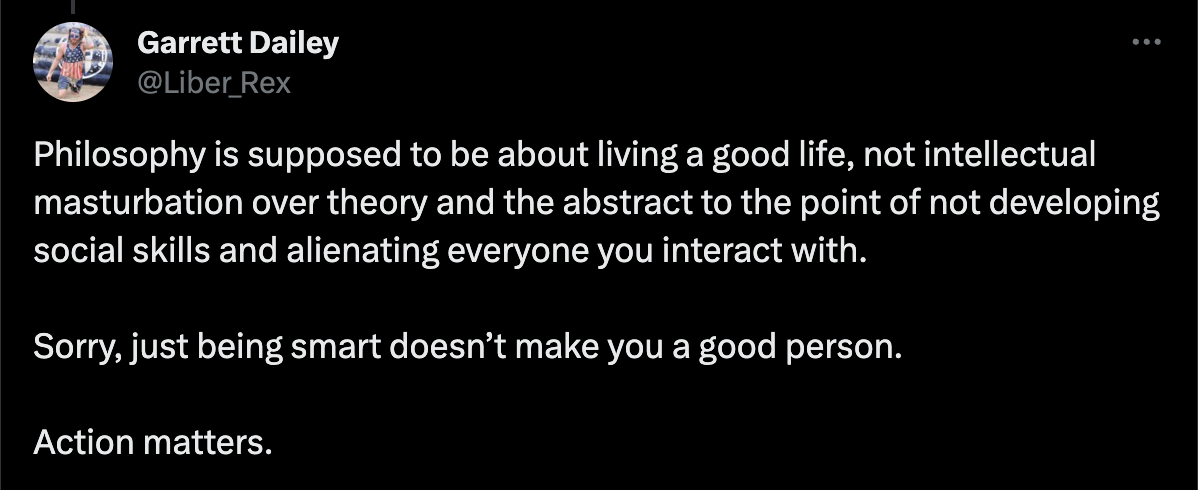
These days, I would answer, “It’s important to me to do what is useful, and therefore to believe whatever it is in that context that helps me act best.” A powerful perspective shift for me came when I loosened my mental grip on needing to know what is true, and instead focused on occupying whatever mindset it took to let me operate best.
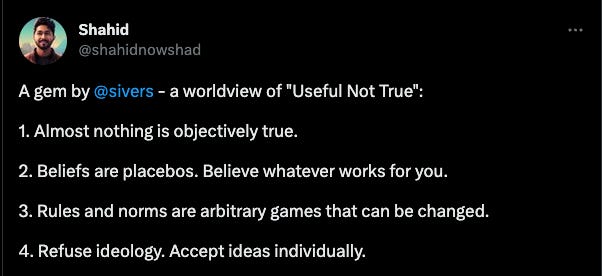
Knowledge gathering can be a time thief
I enjoy reading. I’m not particularly well-read, but I derive pleasure out of learning new things about the world. But Paul Graham’s essay on How To Lose Time And Money unlocked something for me. I realized that that pleasure was clouding my judgement on what the best use of my time actually is – to apply that knowledge towards actually doing something.
The most dangerous way to lose time is not to spend it having fun, but to spend it doing fake work. When you spend time having fun, you know you’re being self-indulgent…
But the same alarms don’t go off on the days when I get nothing done, because I’m doing stuff that seems, superficially, like real work. Dealing with email, for example. You do it sitting at a desk. It’s not fun. So it must be work.
With time, as with money, avoiding pleasure is no longer enough to protect you…But the world has gotten more complicated: the most dangerous traps now are new behaviors that bypass our alarms about self-indulgence by mimicking more virtuous types.— Paul Graham, How To Lose Time And Money
If you’re so smart, why aren’t you rich?
I have a pet theory that capital allocation = “applied philosophy”. Maybe the best measure of the robustness of your worldview is how effectively you manage resources. Liquid capital may be the interface between ideas and reality. Of course there’s a lot that isn’t within your control when it comes to getting rich, but part of the game is managing risk and luck.
